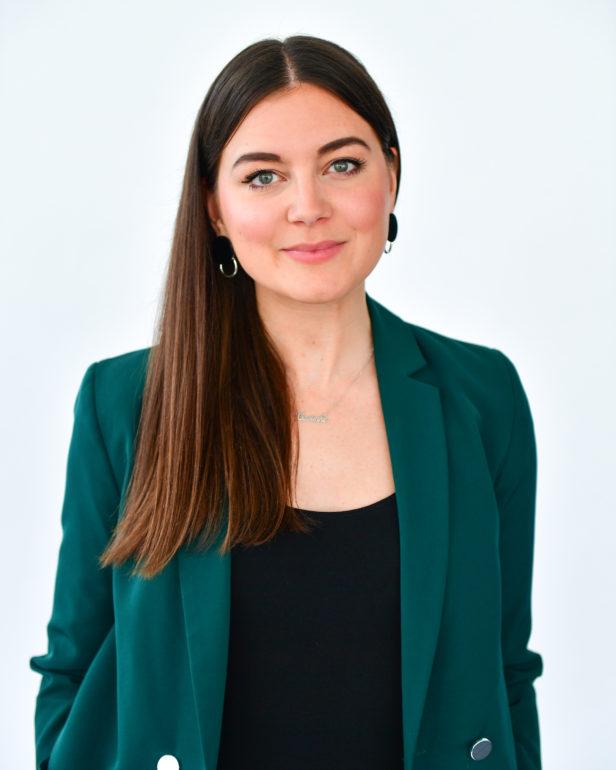TIFF Programmer Kiva Reardon Aims to Add to Voices on Screen
By Christopher Vourlias
LOS ANGELES (Variety.com) – While curating a retrospective on Arab women filmmakers at the TIFF Cinematheque in Toronto earlier this summer, programmer Kiva Reardon considered how the foregrounding of marginalized and underrepresented cinematic voices could make an impact in 2019.
“We’ll always have tent-pole, staple retrospectives for big familiar names in North America that tend to be European, white and male,” she said. “So what’s it like to put films that are of equal artistic value on that same platform, and say, ‘OK, let’s cast these in this spotlight as well, and not put them off to the side?’”
If such an approach might have seemed radical just a few years ago, it’s more and more in step with the times, as film festivals around the world are increasingly rethinking questions of representation and inclusion in the wake of the Me Too movement. Reardon now has a chance to make her mark on the Toronto Intl. Film Festival, where this year she assumed the role of lead programmer for TIFF’s Contemporary World Cinema section.
The program includes 55 films from 48 countries, a selection that underscores Reardon’s desire to have films from Hollywood and the host nation unspooling side by side with movies from Europe, Asia and elsewhere. “World cinema isn’t ‘everything but North America,’” she said, “so I want them to be in dialogue with each other.”
A longtime programmer, writer and founder of the intersectional feminist film journal cléo, Reardon is candid about what she brings to her new role. “I’m not an expert, and I’m OK with that,” she said. Instead, her approach to programming resists “this idea of being a completest and an expert, and rather [encourages] constantly being curious.”
That philosophy guided her in her first two years in Toronto, where she curated the festival’s selections from North Africa, the Middle East and sub-Saharan Africa (a job she still holds). Rather than try to compile a definitive cross-section of filmmaking from the region, she hoped to “spark an interest [in audiences] to keep delving into it and to keep questioning.”
It’s a desire that translates to her new position. “When expanding to the rest of the world, I wanted to bring that similar mentality,” she said. To underscore her approach, Reardon cited Ladj Ly’s Cannes jury prize-winner and TIFF player “Les Misérables” — a 21st-century parable about racial division and unrest in the banlieues of Paris — what she described as “a perfect example of a way that French cinema is pushing forward.”
For Reardon, the canon is “a continuum that is constantly expanding, as opposed to always looking backwards.” She continued: “I don’t say burn the canon. You don’t have to throw Godard out with the bathwater. But to me, a really important thing is making sure we’re also including other names and other titles next to the ones that have traditionally been seen as essential and iconic.”
Reardon isn’t alone in that belief. While the Venice Film Festival stubbornly resists calls to improve its diversity scorecard, it remains alone among top-drawer fests, with Cannes, Berlin, Sundance and Locarno joining Toronto in an industry-wide push to bring a broader range of voices into the fold — an effort that’s as much about the films being programmed as the decision-makers who are calling the shots.
Despite the gains, there’s still work to be done. “I do think that the needle will start to shift,” said Reardon. “When I talk to other colleagues around my age at other festivals, they’re also thinking about the canon and programming this way as well. I’m hopeful. I just know that it’s going to take a really long time

